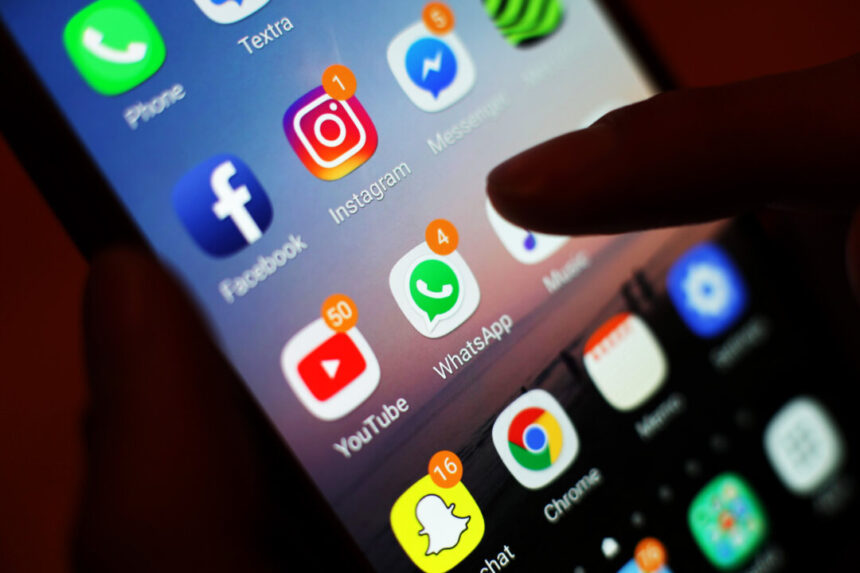Research indicates that young people who struggle to control their use of social media may experience negative impacts on their mental, social, and academic well-being. A recent study highlighted the increasing prevalence of problematic social media use (SMU) among teenagers, with a focus on addiction-like behaviors and excessive gaming habits.
According to data published by the European arm of the World Health Organization (WHO), the percentage of young people classified as problematic social media users rose from 7 percent in 2018 to 11 percent in 2022. The study, which analyzed data from nearly 280,000 young individuals aged 11, 13, and 15 across 44 countries, also noted a rise in gaming behaviors among teens.
Girls were found to engage more in continuous online interactions, with the highest rates among 15-year-old girls. Additionally, researchers observed that young people from well-off families tended to spend more time on social media communicating with others compared to those from low-affluence households.
Teenagers exhibiting problematic SMU often experience withdrawal symptoms when unable to access social media and distress when their usage is limited. The Health Behaviour in School-Aged Children (HBSC) study has linked problematic SMU to lower mental, social, and academic well-being.
Similarly, digital gaming has become a popular pastime among young individuals, with a third of respondents reporting daily gaming habits. Teenagers at risk of problematic gaming may display addictive-like symptoms, with boys more likely to exhibit such behaviors than girls.
The study highlighted concerns about higher levels of substance abuse among teenagers with problematic SMU, emphasizing the potential long-term consequences on their development and health. Researchers emphasized the importance of achieving a balance between online and offline activities to safeguard young individuals navigating digital environments.
Recommendations for policymakers, educators, and healthcare providers include implementing school programs on responsible social media use and healthy gaming practices, as well as offering specialized training for educators. The study underscores the need for comprehensive digital literacy education to address both the positive and negative impacts of social media on adolescent health and well-being.
Other studies have also identified unhealthy digital habits among young people, linking excessive smartphone use to issues such as depression, anxiety, and insomnia. Young individuals with problematic smartphone use may struggle to control their screen time and experience mental health challenges compared to their peers.
Please rewrite this sentence.
Source link





